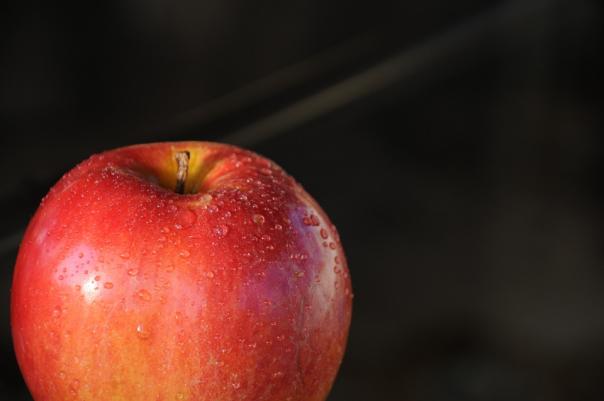Over 100 different pesticides found in School Fruit & Vegetable Scheme produce

PAN has warned of the danger to young children of the 123 different pesticides it found, some of which it said are linked to serious health problems such as cancer and disruption of the hormone system.
Following its analysis of 12 years of residue data published by the Expert Committee on Pesticide Residue in Food, PAN has called on the Department of Health to engage in pesticide issues and to take an ‘active role’ in ensuring pesticide laws post Brexit.
It also said that switching the school scheme to organic produce would cost about 1p per child per day.
“The UK is at a crossroads in terms of its relationship to pesticides,” said a PAN spokesman. “After Brexit, the UK government should prioritise human health and reduce the exposure of the general public, and children in particular, to pesticides.
“The EU’s pesticide regulations are among the strongest in the world and there is a real danger that, after Brexit, the government will choose to weaken those standards thereby increasing the exposure of the British public, including children, to potentially harmful chemicals.
“However, the EU’s system is imperfect and Brexit is also an opportunity to move away from the current situation where it is almost impossible to avoid pesticide residues in our food.
PAN found that the level of residues contained in SFVS produce was ‘significantly higher’ than that of mainstream produce found on supermarket shelves.
Results from the study showed that 100% of all Raisins tested had multiple residues contained within.
97% of soft citrus fruit was found to have traces of multiple residue, Pears 90%, and strawberries 88%.
100% of all SFVS apples and strawberries tested contained single residues, along with 99% of citrus fruit, 97% of pears and 86% of bananas.
Mangos and cucumbers were among the fruit and vegetables with the lowest levels found, with cucumbers showing no traces of multiple residues and 14% of mangos showing traces.
Rob Percival, Soil Association policy officer, said: “These findings highlight the benefits of serving organic fruit and veg in schools. Through our Food for Life scheme we’re getting organic produce on the menus of schools around the UK, including in some of the most deprived areas.
“Food for Life is demonstrating that public procurement can be a powerful tool for change – if more contracts specified Food for Life standards then more schools would be serving fresh, good quality, tasty, UK-sourced fruit and vegetables, with low or no pesticides in them – the benefits would be realised not only by children, but by British farmers.”
